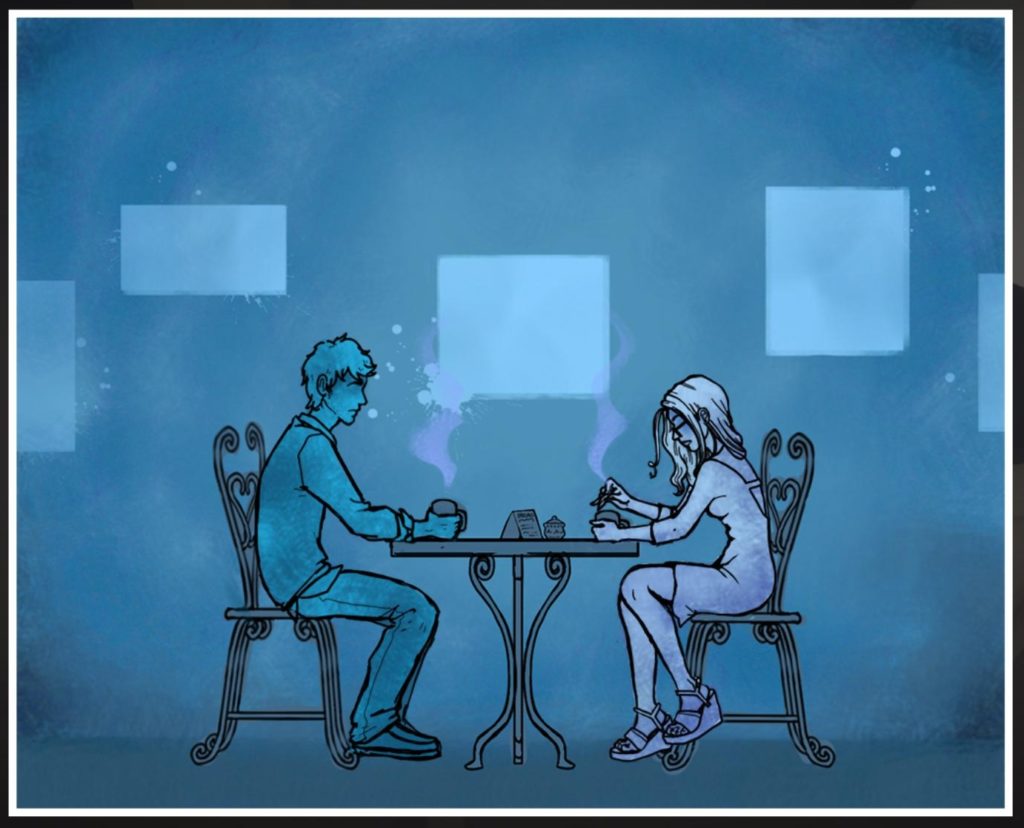
PC
Apartment is a game about loss. A mournful, honest game that doesn’t pretend loss comes with a surprise twist at the end.
Presented in a fascinating mix of formats and play styles, the main arc to Apartment is the break-up of a couple, artists Nick and Madison. Through wandering his apartment, Nick remembers the highs and lows of their relationship, the reasons they loved one another, the reasons the did not, and the slow, sad demise of their affinity.
But in its telling, Nick explores the lives of his neighbours in the apartment complex, each of which presents another aspect of loss as seen through relationship.

Rose and Alex are a seemingly happy couple, about to be torn apart by an affair. John is a divorcee whose daughter is turning 13 and slipping away from him. Jim is a single man, moved away from friends and family, grieving what he has never had. And May is a recently widowed elderly woman, deep in grief at the loss of her husband. This is not a cheerful game. It has no reason to be. But it’s not a depressing game either, and that’s what’s quite so powerful here.

Nick’s sections involve wandering the same apartment, seeking objects that trigger memories, then watching a short graphic novel-style glimpse of their lives together. It’s wistful, honest, ever-evolving, and most importantly, casts neither as the baddy, showing the failings of both as their relationship begins to crumble.
It’s heartbreaking in places, and crucially, ordinary in its unfolding. This is an exploration of how long-term couples break up, not an outlandish tale of mystery and malevolent betrayal. It’s the poignant truthfulness in the tiny moments that makes this so affecting.

Alone it would be too monotonous, but the two hour game feels deeply varied thanks to its other stories. Each vignette has two or three chapters, with you free to play each in any order you wish, punctuating the tale of Nick and Madison. And each is dramatically different in approach, from typing simulator to first-person wandering through some woods, from side-scrolling trudging through memories to abstract third-person exploration of a lifetime. These are carefully chosen, metaphorical for its topic, often deeply moving in its specific mechanics.

While May’s grief is the most beautifully told, and the most raw, I found Rose and Alex’s the most interestingly realised. There are clouds of words in the apartment, buzzing, frantic, terrified, awful swarms of guilt. They felt so visceral, so dangerous, and the whole story put me far on edge. Although I’m not sure anything can really outdo the waterfall and river of words that May crosses for sheer hand-over-mouth harrow.

Yet this isn’t a grim wade through misery. Explaining why is peculiarly difficult, not least because of how carefully it avoids the method that would have been the easiest. As I said, this isn’t a game that wants to “there there” you at the end, tell you everything will be alright, or worst of all, pretend that through grief and loss we find truth and new hope. Because of course we don’t. Grief is a shadow that moves in with you – it’s an uninvited house guest you have to learn to live with. Apartment makes no effort to reveal the rainbow at the end of our sadness.
Yet while I came away with a bleakness, I believe it’s the absolute honesty of Apartment that stops it from feeling maudlin or bathetic. Nick’s home gets brighter the more he processes his break-up, but it’s a brightness of the memories of what is lost. It’s complex in that complex, and the thoughts and experiences of everyone in neighbouring buildings feel deeply true.

This is such a visually interesting game, using so many different and captivating methods to tell its stories. It’s very sad, and that’s absolutely OK. It offers truth, catharsis, or best of all, gratitude for what you still have. I think this is really splendid.
- The Elsewhere Company
- Itch, Steam, Humble
- £11/$15/€15
- Official Site
All Buried Treasure articles are funded by Patreon backers. If you want to see more reviews of great indie games, please consider backing this project.


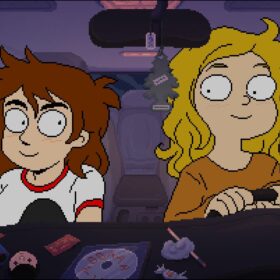
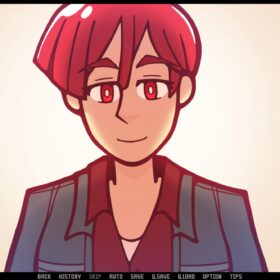

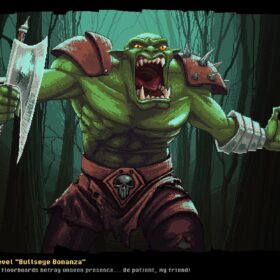
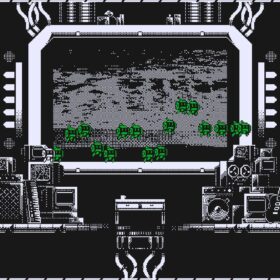
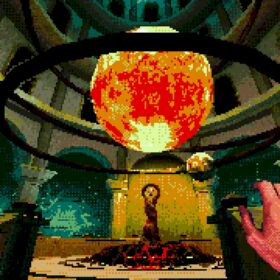

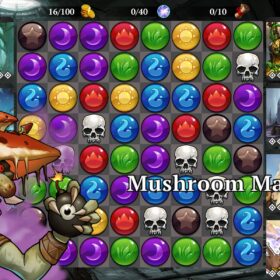
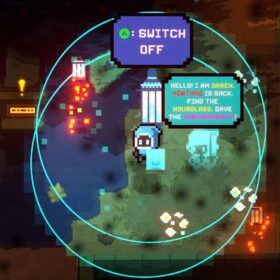


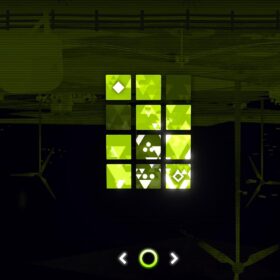
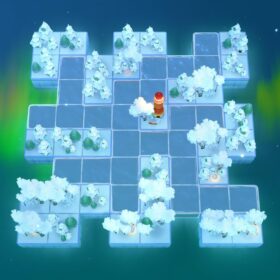
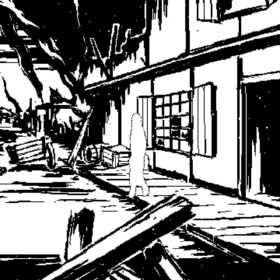

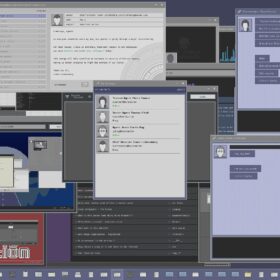

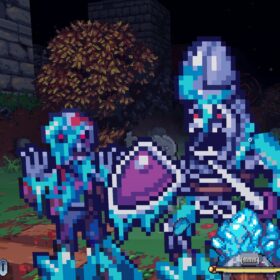
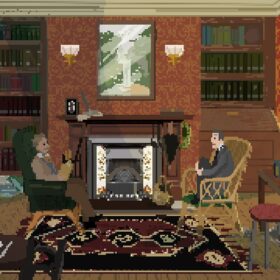
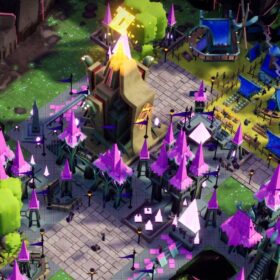
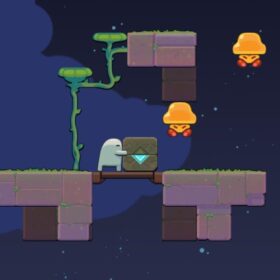
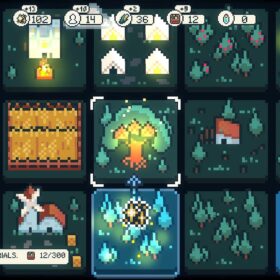

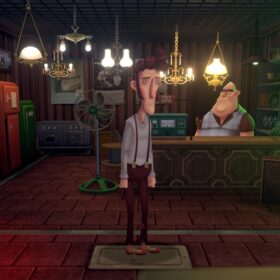
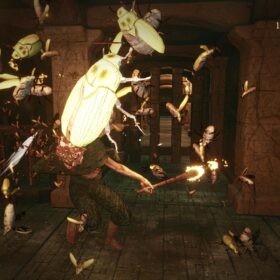

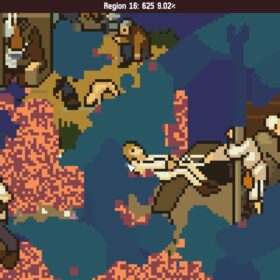
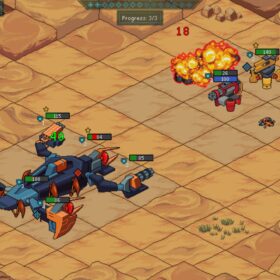

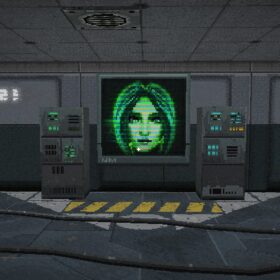
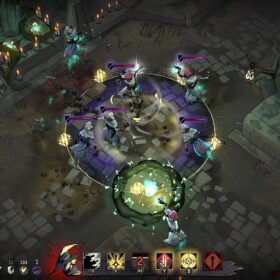
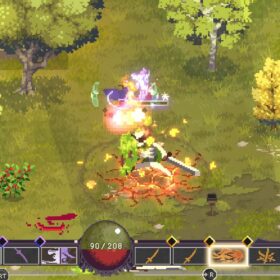
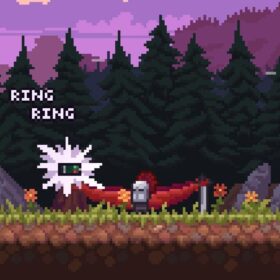
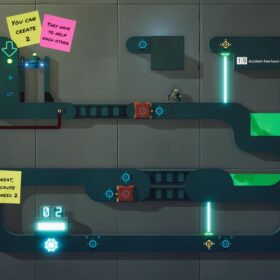
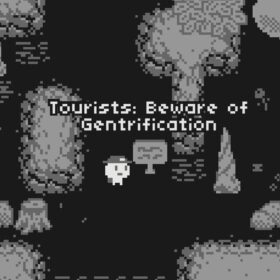
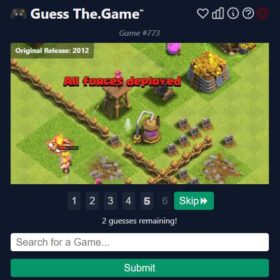
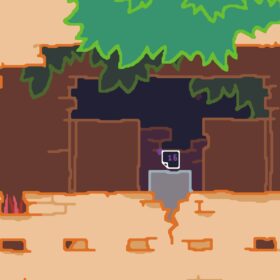
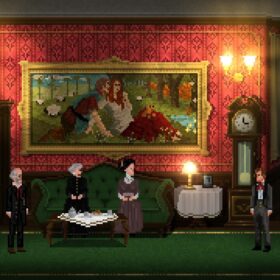

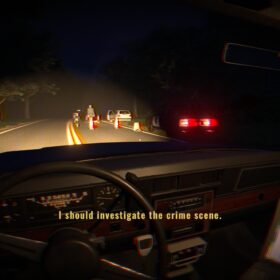
This sounds fantastic John, thanks for the review.
Bloody hell, John. My heart.